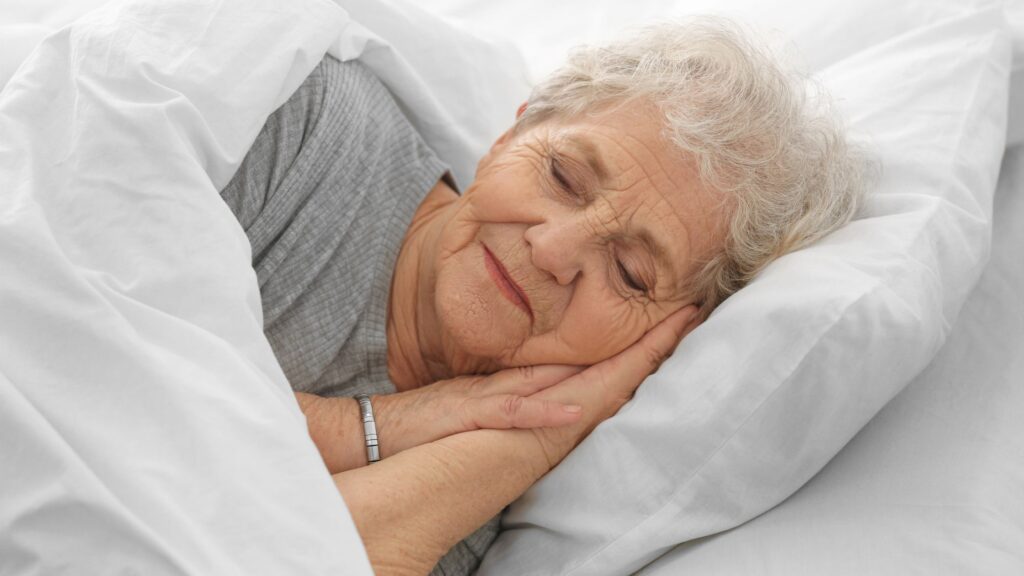A good night’s sleep is like armor in your body’s battle against illness.
One of the many significant (yet often overlooked) consequences of poor sleep is how it affects your immune system. Research shows that people who are sleep deprived, or consistently miss out on quality sleep, are not only more likely to get sick after being exposed to a virus, but their bodies take longer to recover when they’re hit with an illness.
https://www.ncbi.nlm.nih.gov/pmc/articles/PMC5449130/
While stocking up on sleep cannot absolutely prevent you from getting sick, it’s a key way to ensure your body is armed and ready to defend against what comes its way. A good night’s sleep gives your body a leg up in fighting off any infections. Here’s what you need to know.
Less Sleep = Weaker Defenses
Individuals sleeping 6 hours or less a night were more than 4 times more likely to catch a cold compared to those getting 7+ hours of sleep.
Studies show that skimping on sleep even impacts the effectiveness of one of the most important illness-prevention techniques we have: vaccines. One study showed that people who slept fewer than 6 hours, on average, were far less likely to show the antibody response a vaccine is designed to trigger. Sleep-deprived individuals were 11.5 times more likely to be left unprotected by the vaccine than people who were getting 7+ hours of sleep.
Effect of sleep deprivation on response to immunization – PubMed (nih.gov)
Sleep deprivation increases the risk of chronic diseases such as diabetes and heart conditions. The reason being a lack of sleep leads to inflammation, which is the root cause of many illnesses and conditions.
Sleep helps the body repair itself and reduce inflammation; when we don’t get enough sleep, inflammation continues to build up, leading to an increased risk of a host of other health issues, including neurodegenerative disorders like Alzheimer’s and mental health conditions such as depression.
One study suggested that sleeping less than six hours per night can raise the risk of chronic diseases, particularly cancer and stroke.
During sleep, your immune system ramps up its nightly activity to defend your body, all that fighting releases chemicals, some of which cause inflammation. As a result, you may experience stronger symptoms of illness — including fever, congestion, body aches, or sore throat — when your immune system is hard at work. Sometimes feeling worse at night, or first thing in the morning after all this activity is a sign that your body is working harder to help you get better.
Your immune system is made up of a complex team of cells and proteins that work together to keep foreign invaders (such as colds or flu) at bay. When you’re starting to feel sick you will recover faster if you take the time to give your body the rest it needs, stay hydrated, eat healthy, boost up your intake of zinc and vitamin C, avoid alcohol, and prioritize a good night’s sleep! This will make all the difference in allowing your immune system to work for you!




